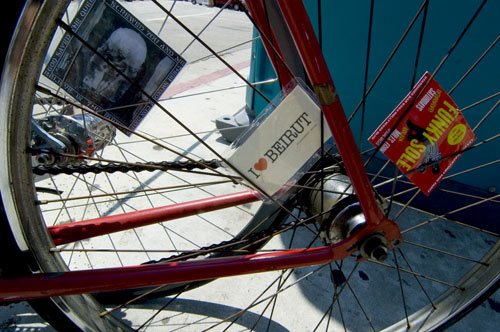Darfur is still a disaster. One might be tempted to think that things have gotten better there since it hasn't been in the news. If anything, it's just getting worse:
So far, negotiations over a proposed United Nations force to shore up the shaky peace in Darfur have limped along with no sign of compromise. The opposing sides in the conflict now seem headed toward a large-scale military confrontation, bringing Darfur to the edge of a new abyss -- perhaps the deepest it has faced.
"Unfortunately, things seem to be headed in that direction," said Gen. Collins Ihekire, commander of the beleaguered 7,000-member African Union force that is enforcing a fragile peace agreement between the government and one rebel group.
Nearly four months after signing the agreement, the government is preparing a fresh assault against the rebel groups that refused to sign. Years of conflict have already killed hundreds of thousands of people here and sent 2.5 million fleeing their homes. But that may be a prelude of the death likely to come from further fighting, hunger and disease. In the past few months, killings of aid workers and hijackings of their vehicles, mostly by rebel groups, have forced aid groups to curtail programs to feed, clothe and shelter hundreds of thousands of people.
Add to that the fact that many people are cut off from humanitarian aid and the African Union's mandate is about to expire next month.

